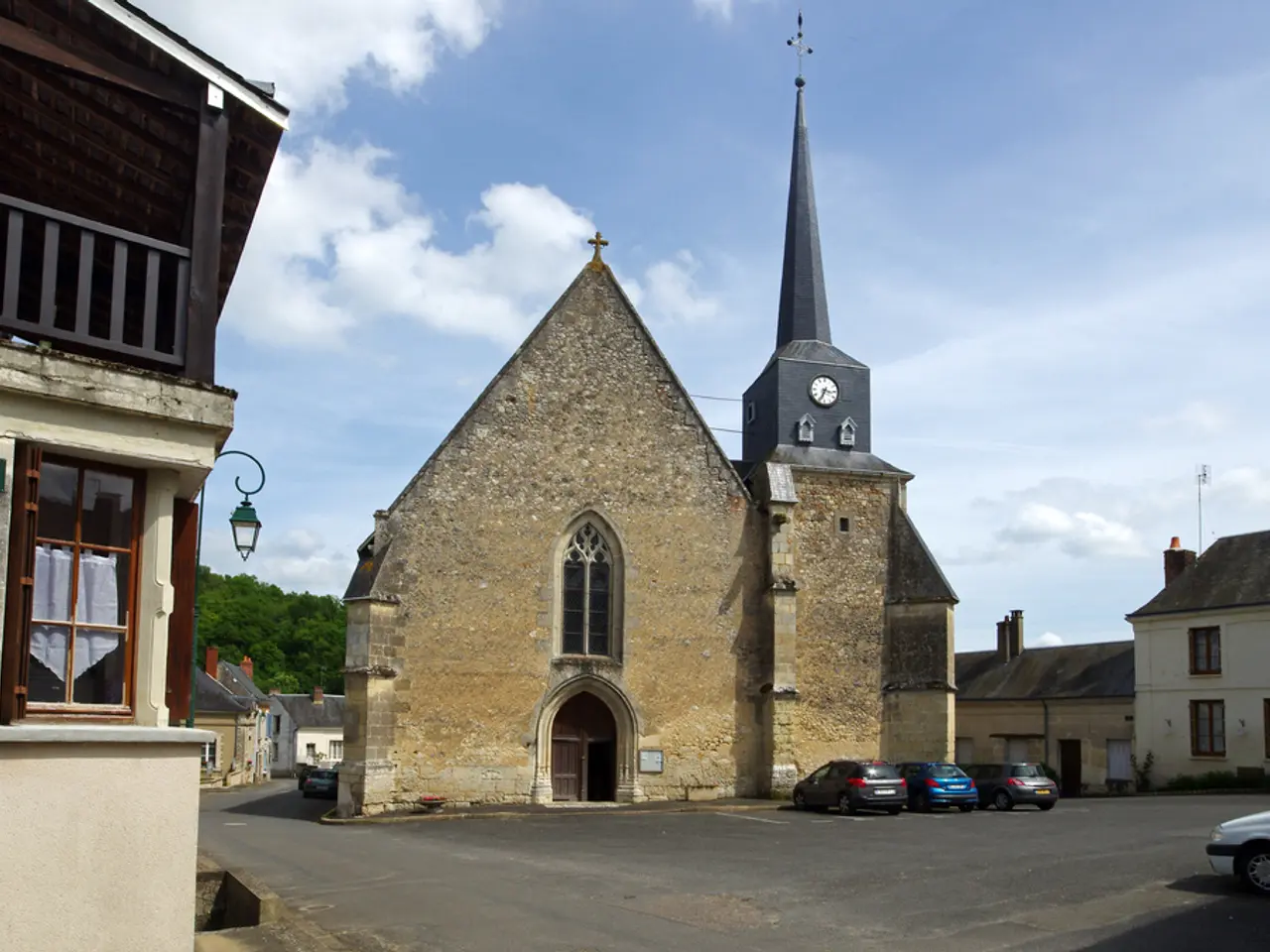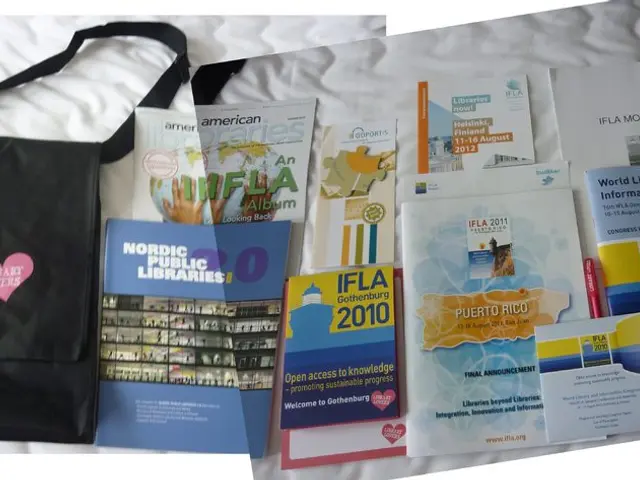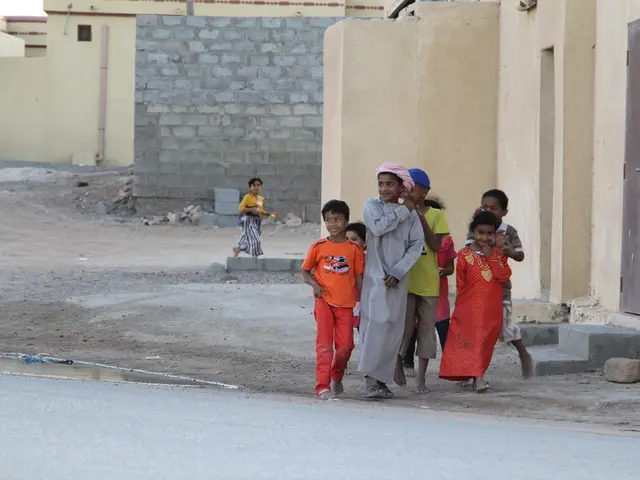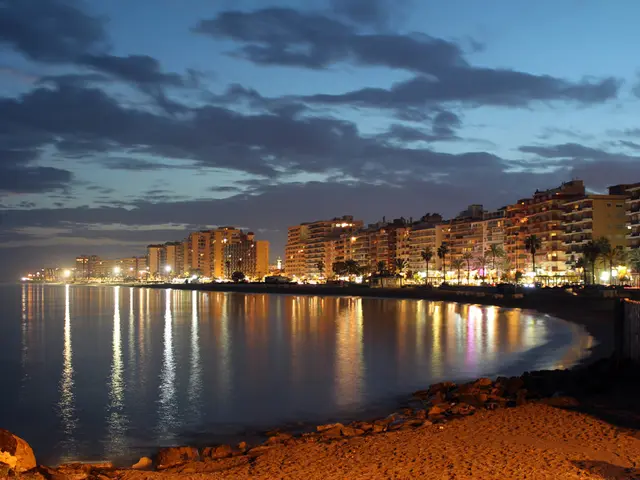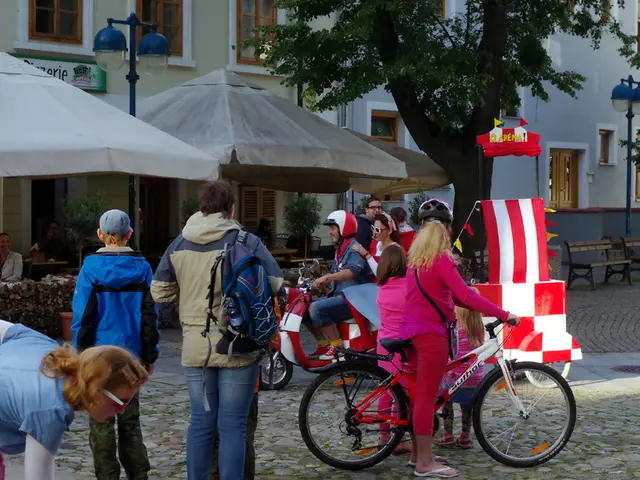Black churches in California are adopting solar power and electric vehicle charging infrastructure.
In midtown Palo Alto, the UAMEZ Church is collaborating with Gemini Energy Solutions to transform its premises into a lds Decarbonization Hub. This project is part of a larger effort to build similar hubs at three other Bay Area churches.
UAMEZ Church aims to serve as a go-to place for residents during an earthquake, but its role is set to expand beyond disaster relief. Pastor Kaloma Smith aims to 'revitalize' the church and 'be more effective, particularly for Gen Z and young families,' by building the community decarbonization hub.
The hub will feature a 13,000-square-foot solar-powered building with battery storage and ten EV charging stations. Construction is expected to take only six months, including its connection to the power grid, despite delays from Pacific Gas & Electric Company (PG&E).
Meanwhile, Glad Tidings International Church of God in Christ is completing a new community Decarbonization Hub this September. At Glad Tidings, six EV charging stations will be added to a sliver of parking lot between the resilience hub and the main sanctuary, which will also be equipped with solar panels this fall.
Green the Church, an Oakland-based environmental justice nonprofit, and Gemini Energy Solutions, a cleantech company, are partners in these projects. Green the Church, founded by Reverend Ambrose Carroll, rallies clergy and collaborates with their internal 'green team' for the project.
Green Power Ventures, a Black-led investment management firm focused on climate resilience in low- to moderate-income areas, and Freedmen Green Bank & Trust, a Black-led nonprofit and charitable trust devoted to climate resilience and clean energy, have also provided support for the community Decarbonization Hub projects.
Anthony Kinslow, founder of Gemini Energy Solutions, handles project management and community engagement for the community Decarbonization Hub project. The biggest challenge was finding financing for the project, but the hubs are expected to generate around $500,000 annually and potentially double that amount in five to seven years.
UAMEZ Church sees the potential for their parking lot to become a 'revenue-generating microgrid' that meets their neighborhood's rapidly changing energy and climate needs. At Glad Tidings, the hub will turn the church into a year-round resilience hub, ready to support residents during disasters like power outages, wildfires, or heatwaves.
The Hub at Glad Tidings will include a 5,000-square-foot gymnasium, an exercise room, a STEM lab, a youth lounge, a kitchen, and classrooms. The project team needed a contractor to explain the impacts of construction, such as loss of parking, which is a significant concern for churches.
At the University AME Zion Church in Palo Alto, the community decarbonization hub will add 12 to 16 EV charging stations, including 8 fast chargers, to its parking lot. The Hub features four of the fastest EV chargers on the market already installed under eight solar-paneled carports.
The community Decarbonization Hub project at UAMEZ Church is a continuation of their legacy and commitment to justice. Bishop Macklin, the founder of Glad Tidings, established the Glad Tidings Community Development Corporation (CDC) to help area residents access essential resources. Benita McLarin, who leads the Glad Tidings CDC, has trained a 15-person Community Response Team on fire safety, CPR, and mental health first aid.
These community Decarbonization Hubs are not just about reducing carbon emissions; they are about creating resilient communities that can withstand the challenges of climate change and provide essential services to their neighborhoods.
Read also:
- Two compelling literary works on Israel: Arnold Zweig's "The Friend Comes Home" and Chaim Noll's "The Silence After the War: Morning's Whisper"
- Increased flow of unfavorable information surfaces
- Increased flow of unfavorable information
- Irish expatriates find strong pull towards homeland; require additional incentives to resettle in Ireland
